- BALANCE
This is the very essence and the overall giant picture when mixing. Balance is everything!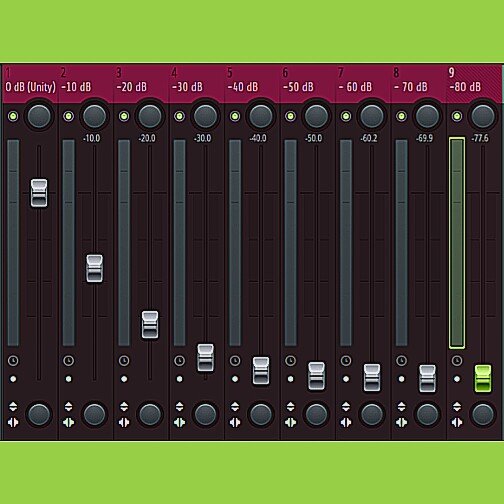
We want everything to be in its place. Nothing poking out needlessly and overshadowing other equally important stuff.
And producers, you know this instinctively when creating beats, you know how to adjust the volume of the various sounds so that things feel proper and in place.
- INSTRUMENT SEPARATION
How well can you "pick out" each instrument in the mix?
Does everything sound muddled up?
Can you easily tell what's playing without having to strain your ears?
In many ways this is related to arrangement and how the selected instruments complement and contrast each other.
(Hint=Fewer instruments is almost always a good thing!)
- VOCAL CLARITY
How clear and crisp and "sweet" are the vocals? The vocals are a crucial part of the mix and the aspect of mixing that can be most challenging to get right, even for experienced engineers.
Do the vocals "sit" well inside the song?
Or does it sit on top of the beat, dissociated from the song as a whole? Are the voices harsh? Muddled? How easy is it to pick out the lyrics? Do you have to strain to hear what is being said? Or does it just hit your ears with little to no effort on the part of you the listener? How do the vocals gel or blend with each other? Do they feel like one unit? Or do they feel like two separate entities?
- STEREO SPREAD
Stereo spread is how well the production utilizes what we call the stereo field.
How well is the song spread across the two (left and right) speakers? Does everything seem wide or narrow? Is there excitement happening across both speakers? Does the song seem to "fill up"the entire space between the speakers? Or is it just confined to the mid point between them?
A good mix uses every available area in the stereo field by placing instruments and voices carefully in to create a sonically pleasing experience.
- TURN UP TEST
(This one is my personal favourite.)
Does it sound better when turned up louder?
Or harsh?
This is one area where the men are easily separated from the boys. The mix should sound more pleasant as you turn up the volume, and should not distort, but the kick/bass should get rounder and fuller as you crank up the volume.
In addition, other important things I look for are
- BASS DEFINITION
How defined is the bass? 2
Is it weighty?
Is it punchy? Does it feel to boomy? Is it well separated from all other part of the song or is it fuzzy? Bass is one area that reveals the strengths or weakness of a mix. Once the kick/bass relationship is well defined, things pop out better, the song is well carried and the listener responds better
- DEPTH OF THE SOUND STAGE
This is one critical area where the truly professional mixes really stand out, and this is one area where top level gear outshines semi pro or consumer gear, and the area where "soundcard senior soundcard".
This is also one area where " Yankee mixes " really have the upper hand.
You literally feel the depth of that sound stage.
Which means that the sonic imaginary space between the front and back of the listening area has an amazing level of detail, like you can hear every texture of every instrument and voice played, even if its at the 'background'.
It's as if you can almost 'reach into the audio and grab hold of each of the instruments in your hand', the way the sound feels so life-like.
It's a bit of a phenomenon that you may come to appreciate as your ears, monitoring setup and sound card get more sophisticated, but certainly a very real phenomenon.
On a final note, let's talk a bit about REFERENCE TRACKS.
What's a reference track?
A reference track is a track (or set of tracks) that has been released commercially, either locally or internationally, that you consider sonically superior and professionally polished in terms of production, arrangement, mixing and mastering, and that sounds superbly excellent EVERYWHERE its played. It should also be a track you have come to beintimately familiar with.
I love reference tracks so much.
Why?
Because they help you set an internal blueprint for what great audio should sound like!
They help you to set your bar high.
They help you to feel like you still have a long way to go when you are tempted to fall into the trap of thinking "I am now a musical Don Dada", which is a good thing, 'cause it makes you keep pushing yourself to get better.
You know you are making strides when, year after year, the gap between your work and your reference tracks is closing, even if it's ever so slowly, whether it be by improved hearing, better gear, system upgrade, improved mixing skills, etc etc.
Anytime you hear a mix you love,analyze it and find out why its so solid.
Play it on as many systems as you can and find out how it sounds in various environments. This also helps you in your studio if your listening environment is less than ideal (which, honestly speaking, is probably ALL of us, heheee).
If you can assess the amount of bass, treble, vocal to beat levels, loudness, etc of your reference tracks then you can aim to emulate that in your imperfect room, knowing that it will sound good everywhere since you know your reference track(s) sounds good every where.
Questions or comments?
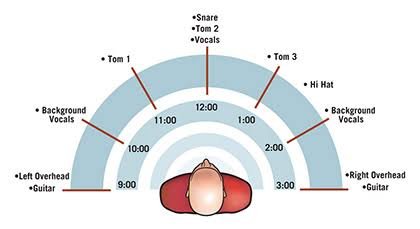
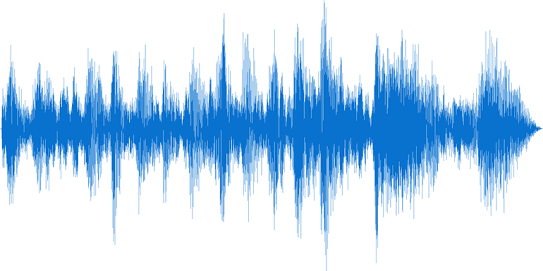
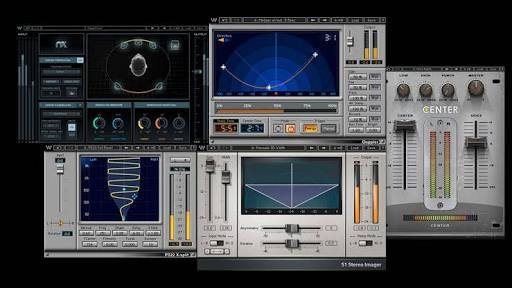
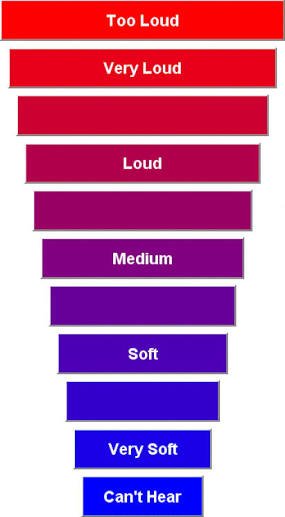
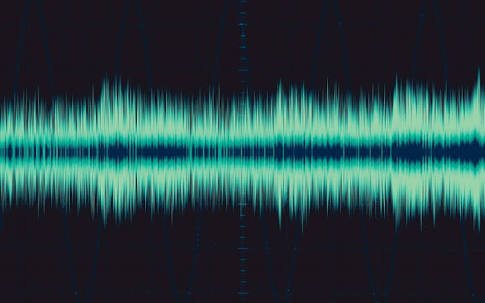
Well written piece and a nice sum up! Couldn't agree more to all your points.
Thanks
Good music makes one's day.